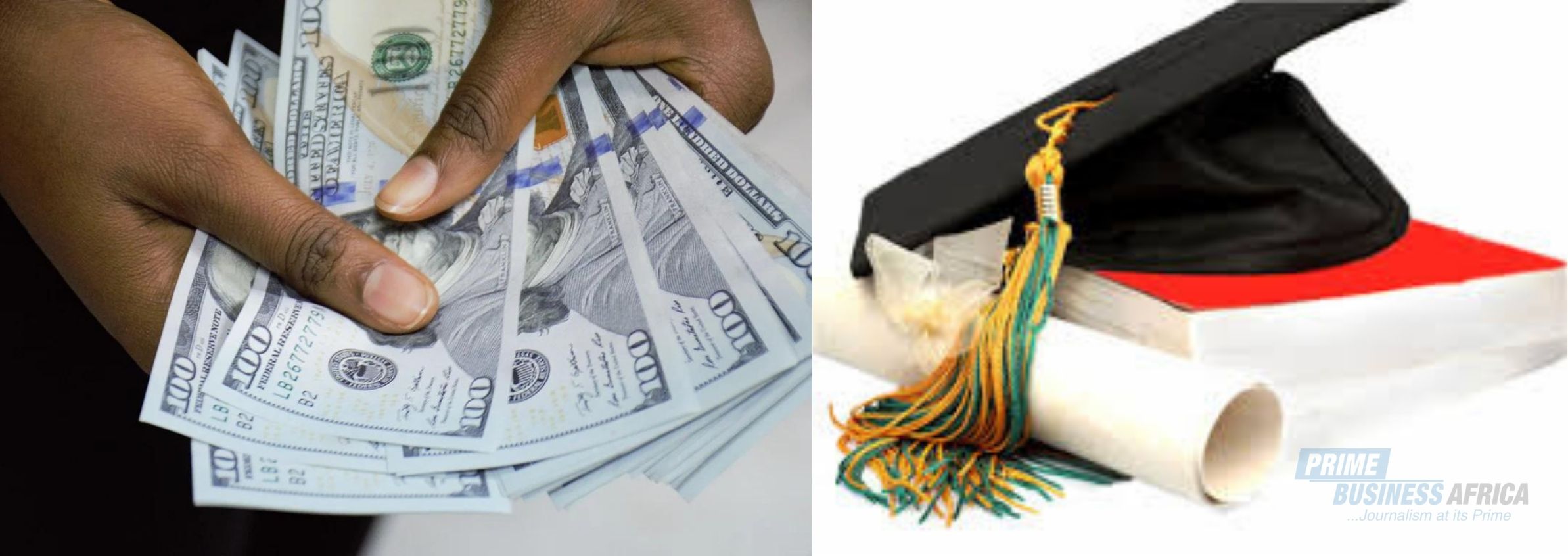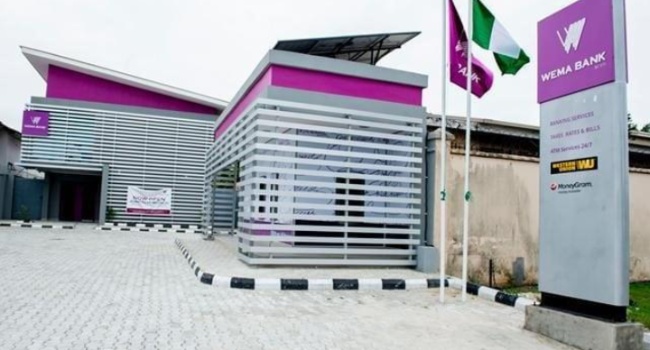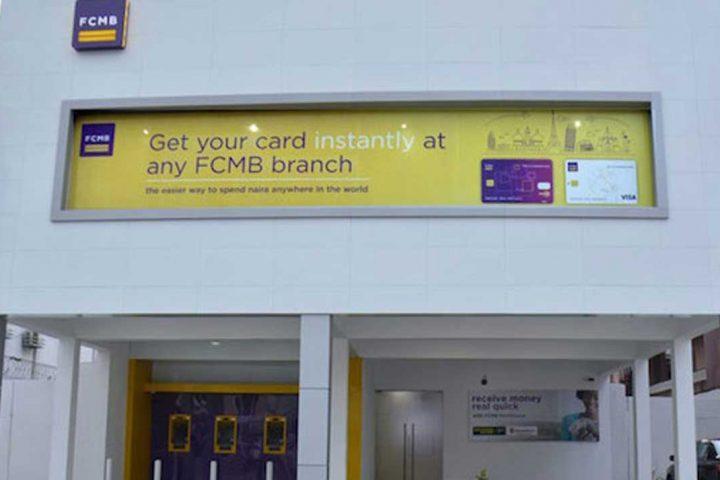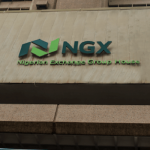Nigeria’s FX allocation to foreign education has dropped amid decline in enrolment of international students, especially in the United Kingdom universities.
The latest Central Bank of Nigeria (CBN) statistical bulletin revealed that Nigerians spent $38.17 million on overseas schooling in the first quarter (between January and March 2024).
When compared to $218.87 million spent during the same period last year, the amount spent in Q1 2024 dropped by 83 per cent.
On a quarterly basis, however, the amount spent increased by 54 per cent from $24.82 million in Q4 2023.
International student enrollment has significantly decreased, especially in postgraduate programmes, according to a survey done by Universities UK (UUK) among 73 universities. Comparing January of this year to January of last year, the number of such students fell by 44 per cent, which was lower than expected.
Universities are facing financial difficulties due to this dramatic decline in foreign enrollment, as these students usually pay greater tuition for postgraduate programmes.
Additionally, a noticeable decrease in deposit payments from the previous year suggests that overseas students are becoming less interested in studying in the UK, according to statistics from Enroly, which is utilized by about 60 universities.
READ ALSO: Nigeria’s External Reserves Rise To $37bn, Gain $2.35bn In 18 Days
Prime Business Africa recalls that the CBN Governor, Dr Olayemi Cardoso, had in February this year, stated that one of Nigeria’s foreign exchange challenges is the amount spent on medical and educational travels abroad.
The CBN governor, in a presentation to the House of Representatives, pointed out that the devaluation of the Naira is partly due to the frightening $40 billion that has been spent on healthcare and education abroad.
Cardoso lamented about the pressure on the foreign exchange market in the face of FX scarcity, which exacerbates the depreciation of the naira.
FX investment on education services decreased year on year, whereas spending on social and health services increased significantly.
According to the CBN data, there was a 122 per cent increase in the same period this year, from $1.04 million in Q1 2023 to $2.31 million. Additionally, there was a 485 per cent rise from the $0.39 million reported in the fourth quarter of 2023.
Prime Business Africa had reported in February that the CBN planned to impose strict regulations on the buying of foreign currencies through Bureau De Change (BDC) operators, with a particular emphasis on transactions pertaining to medical and educational costs incurred abroad.
The apex bank has capped foreign currency purchases for school tuition at $10,000 per customer annually as part of its updated regulatory guidelines for BDCs in Nigeria. In order to ensure that the educational institution receives the money directly, this procedure demands that the transaction be carried out through the BDC’s domiciliary account with a Nigerian bank.
It further requires that these kinds of transactions come with a set of supporting documentation, including an appropriately completed e-Form A, evidence of admission or course enrolment, the bill or invoice from the educational institution, and, in the case of postgraduate studies, a copy of the undergraduate degree certificate or an officially verified statement of results.
READ ALSO: Nigeria Spends More On Debt Servicing Than Capital Expenditure, Personnel Costs In Q1
Apart from the rules pertaining to college fees, the CBN is imposing a $5,000 annual cap on foreign exchange transactions related to overseas medical costs.
Funds for medical bills will be transferred straight from the BDC’s domiciliary account to the medical facility, accompanied by thorough paperwork, much like the transactions for educational fees.
Additionally, it requires that these transactions be supported by a number of documents, including a completed e-Form A, evidence of enrolment or admittance, and the educational institution’s bill of materials.
This consists of an e-Form A that has been filled out, a letter of recommendation from an accredited Nigerian hospital or specialised physician, legitimate travel documents, and a letter from an international medical practitioner outlining the estimated cost of care.
The central bank approved the proposed guidelines in May 2024, which may further restrict the amount of foreign exchange spent on medical tourism and overseas schooling.
Victor Ezeja is a passionate journalist with seven years of experience writing on economy, politics and energy. He holds a Master's degree in Mass Communication.




















Follow Us